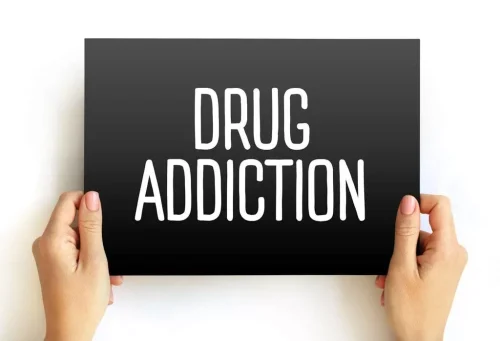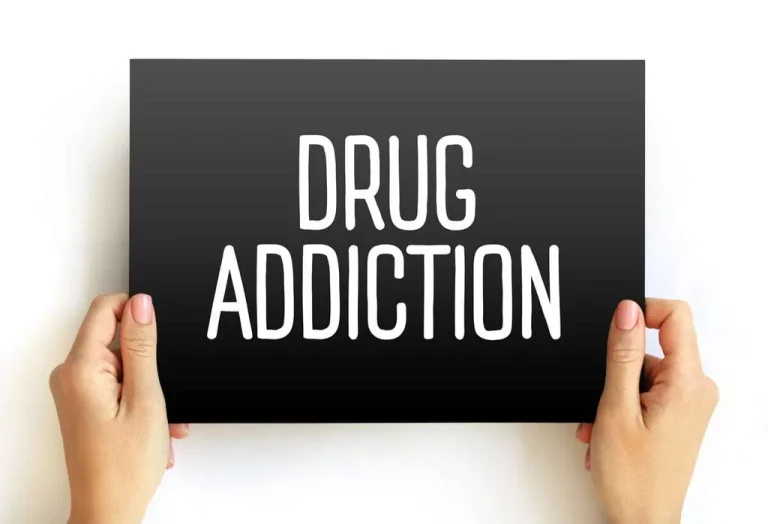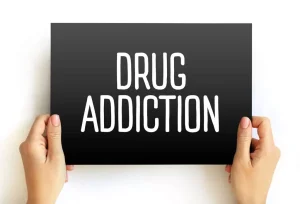
Lastly, substance abuse group activities can provide group leaders with an opportunity to provide psychoeducation in an interactive way that members respond to. Working with clay or other sculpting materials allows participants to create three-dimensional representations of their emotions, experiences, or hopes for the future. This experiential therapy activity taps into the tactile and creative process, encouraging participants to explore complex emotions through physical creation. It is also a great way to focus the mind and engage in a calming, hands-on task. Guided imagery is a relaxation-focused experiential exercise for group therapy that helps participants visualize positive outcomes or safe spaces.
Residential Inpatient Care
- The USDA also has a list of recipes, menus, and cookbooks based on the My Plate guidelines.
- We have compiled a list of transformative activities to motivate, uplift, inspire, and help you through the healing process.
- Book clubs can be a valuable addition to any addiction recovery group, in-person or online.
The team will help find an outpatient program as part of the aftercare plan. Volunteering supports addiction recovery by providing you with a sense of purpose and fulfillment. Volunteer work helps people in recovery focus on the well-being of others, which not only boosts self-esteem but also shifts attention away from personal struggles. Volunteering also fosters a sense of community and belonging and helps you build healthy social connections. This relapse prevention group activity reinforces positive behavior through acts of service. Additionally, volunteering introduces you to new routines and responsibilities, which can help establish structure and stability in recovery.
Please Share This
There is no obligation to enter treatment and you can opt out at any time. Hobbies are a great way to break your monotonous routine and take time for yourself to do something you are passionate about. It can also be incorporated into other activities, such as art therapy or book clubs.
What is a Recovery Support Group?

This discussion explores how honesty can foster trust, reduce guilt, and support sobriety. Members can share experiences where practicing honesty has positively impacted their recovery. For some individuals, spirituality can provide comfort activities for addiction recovery groups and meaning in recovery. Setting boundaries protects mental and emotional well-being by maintaining healthy relationships. This topic helps members learn to set boundaries in relationships, especially with people who may not support their recovery.
Overcoming Challenges in Group Activities for Relapse Prevention

We maintain strict accuracy standards, sourcing information exclusively from credible sources for our website content. Patients learn healthy coping mechanisms, emotional regulation techniques, and ways to rebuild their relationships so they can have a fulfilling life in recovery. Treatment typically involves a mix of behavioral therapy, life skills development, and relapse prevention strategies.


This peer-driven approach is a vital tool for maintaining long-term sobriety, even after completing formal treatment. As previously mentioned, aftercare plans are put in place prior to the completion of a formal treatment program. You collaborate with your treatment team to assess continuing care that best fits your needs.
Examples of Creative and Therapeutic Relapse Prevention Group Activities
- Additionally, some insurance plans may require prior authorization or limit the amount of treatment covered.
- This relapse prevention group activity reinforces positive behavior through acts of service.
- You also get a chance to share your struggles, and benefit from encouragement and constructive feedback from group members and mental health professionals leading the group.
- Kayla is a Mental Health Counselor who earned her degree from Niagara University in Lewiston, New York.
- You, nor your loved one, are under any obligation to commit to a Treatment X treatment program when calling the helpline.
Storytelling is a core part of many experiential therapy activities, as it allows individuals to reflect on their personal narratives in a group setting. Participants are invited to share stories related to their addiction and recovery journey. This process not only helps the individual understand their experiences better but also fosters empathy and connection within the group, as others may relate to similar struggles.
- Empathy strengthens connections by helping individuals understand others’ experiences and feelings.
- Members take responsibility for their own recovery, share their experiences, help others, and establish a relationship with a higher power.
- These are designed to help teens and young ones feel supported in their recovery journey.
Humor can relieve stress and bring people together, offering a lighter perspective on challenging times. This topic allows members to share funny stories, discover joy in small moments, and build bonds with others through laughter. Social gatherings can be challenging in recovery, especially when substances are present.
A therapist can assist you in setting realistic goals and creating plans that can help you achieve those goals. Identifying some of your strengths as well as what you enjoy doing can help you find the best hobbies or activities for you. For example, if you have a good sense of humor and like to laugh, you might consider taking improvisation lessons. You can make some new friends, learn something new, and have fun doing it. Group therapy is used to guide clients through the process of gaining insight about themselves, others, and the world around them.
Identifying Coping Mechanisms
Suggest different coping strategies they could use to stay sober when triggered. Incorporating fun and engaging group activities and games into recovery group sessions will help bring together the participants and will assist in developing trust among them. These activities can also provide a much-needed break from the more intense components of recovery work, promoting a balanced approach to healing. Art Therapy is one type of recovery group activity that can also help promote healing and express oneself. The goal of this transition is to provide ongoing support while helping individuals reintegrate into their daily lives. Outpatient care offers more flexibility and is often recommended for patients who are making progress but still need structured support to prevent relapse and maintain their recovery.
